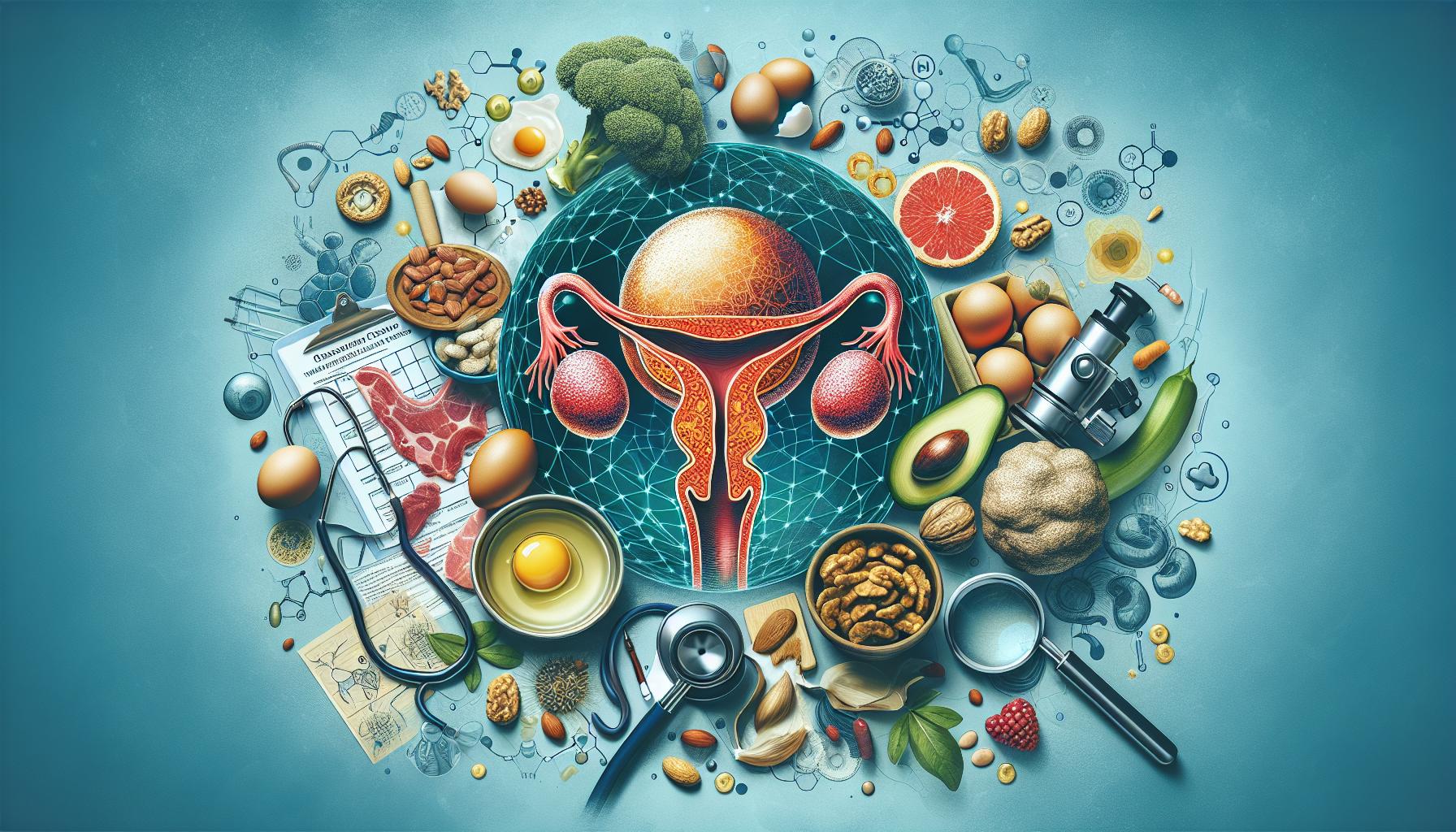Introduction to Keto Diet and Prostate Cancer
Ever questioned the impact of the keto diet on prostate cancer? This intriguing correlation prompts a contemplation as profound as the depth of the sea. Inarguably, diet plays a significant role in our health and wellness, thereby influencing our ability to stave off illness and recover from diseases. In the light of this common knowledge, “Keto diet”, distinguished for its high-fat, low-carbohydrate regimen, has been spotlighted in recent years as a potential dietary strategy for prostate cancer management. With this article, we take a mindful meander through this matter and deliver some truly captivating insights.
Understanding the Keto Diet
As ceaseless as the changing tides, diet fads ebb and flow into our health consciousness. Among this sea of dietary trends, the ketogenic, or ‘keto’ diet, has created quite a splash. Revered for its weight loss implications, this diet directs our bodies to burn fat for energy due to limited carbohydrate intake. It promotes foods rich in proteins and healthy fats, while curtailing the ingestion of sugar and starchy foods. Over time, this can result in decreased body weight and enhanced energy levels which can play an essential role in managing chronic diseases.
The Keto Connection to Cancer
Taking a closer look at the undercurrents of this dietary phenomenon, we stumble upon its potential benefits concerning cancer management. The primary fuel source for most body cells are carbohydrates. By restricting carbohydrate intake, the keto diet may potentially held inhibit cancer cell growth by depriving them of their preferred fuel source.
The Nexus of Keto Diet and Prostate Cancer
The tides of understanding often usher in new perspectives and in this vein, it’s essential to explore how the keto diet specifically impacts prostate cancer. Fueled largely by androgens (male hormones) and being sensitive to hormonal changes, prostate cancer may respond differently to the keto diet compared to other cancers. One school of thought suggests that the reduced insulin levels associated with a keto lifestyle may slow down the proliferation of prostate cancer cells.
Mechanics behind the Mask
The secret sauce, so to speak, of how the keto diet might potentially influence prostate cancer lies in its unique impact on metabolic processes. This concept, dubbed ‘metabolic therapy’, implies that by changing the metabolic environment, one could potentially make the body an unsuitable host for cancer augmentation.
Navigating the Negatives
While the keto diet is a beacon of optimism for some, it’s pivotal to address the undercurrents of skepticism within this dietary discourse. Potential long-term adverse effects cannot be downplayed, including high cholesterol levels and micronutrient deficiencies, a concern particularly significant for cancer patients undergoing rigorous treatments. Consequently, it’s essential to insist on individualized medical advice before embarking on any new dietary regimen.
Swimming Against the Tide
Even as we surf through the wave of potential benefits, it’s paramount to remember that every silver lining has its cloud. The keto diet is no exception with its high fat intake that can potentially complicate pre-existing health conditions like cardiovascular diseases.
Hitching a Safe Harbor: The Conclusion
Like finding an elusive pearl in an oyster, uncovering the truth about the keto diet’s impact on prostate cancer presents a challenging yet fascinating journey. Increasing consensus suggests a positive role, although the possible side effects and unknowns should prompt those interested to sail these waters with caution. While the verdict is still out there in the wide expanse of ongoing research, one thing stands firm – the importance of a balanced diet and regular medical check-ups – safer shores to bank upon!
Frequently Asked Questions
1. Is the keto diet safe for prostate cancer patients?
For some, the keto diet can be a beneficial add-on to their overall treatment plans. However, it’s crucial to discuss this with your healthcare provider, considering its potential side effects.
2. Can the keto diet help slow the progression of prostate cancer?
While some studies have hinted at a possible correlation, more comprehensive research is required to definitively ascertain this.
3. What foods are recommended for prostate cancer patients?
A balanced diet rich in fruits, vegetables, lean proteins, and whole grains is generally recommended for prostate cancer patients.
4. Can diet and lifestyle changes affect prostate cancer?
Absolutely. Healthy dietary habits and regular exercise can play a prominent role in managing the disease and improving overall health.
5. Is there a potential link between sugar intake and prostate cancer?
High sugar intake may potentially increase prostate cancer risks, although further research is needed to establish a definitive connection.


